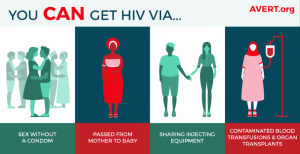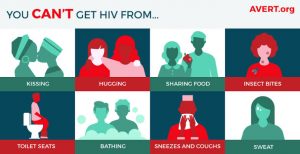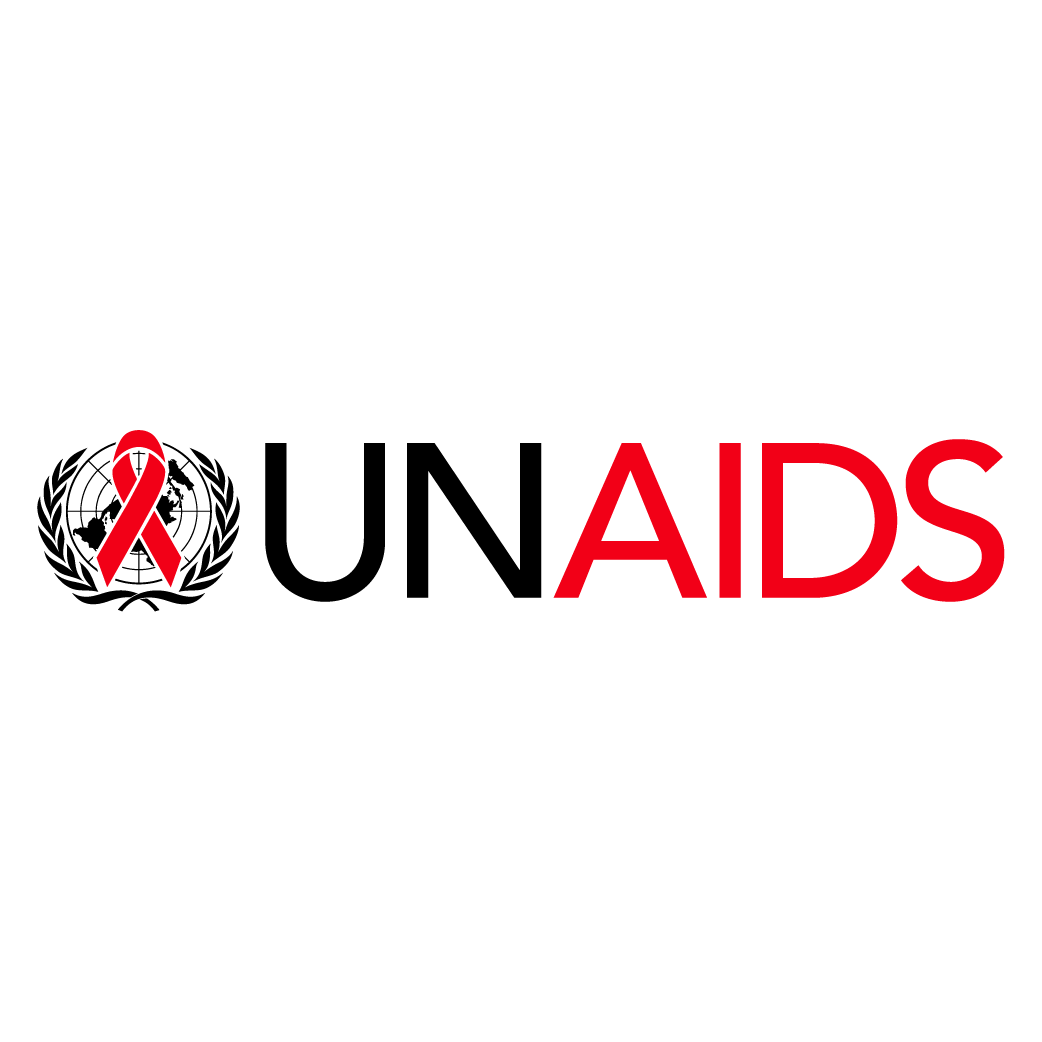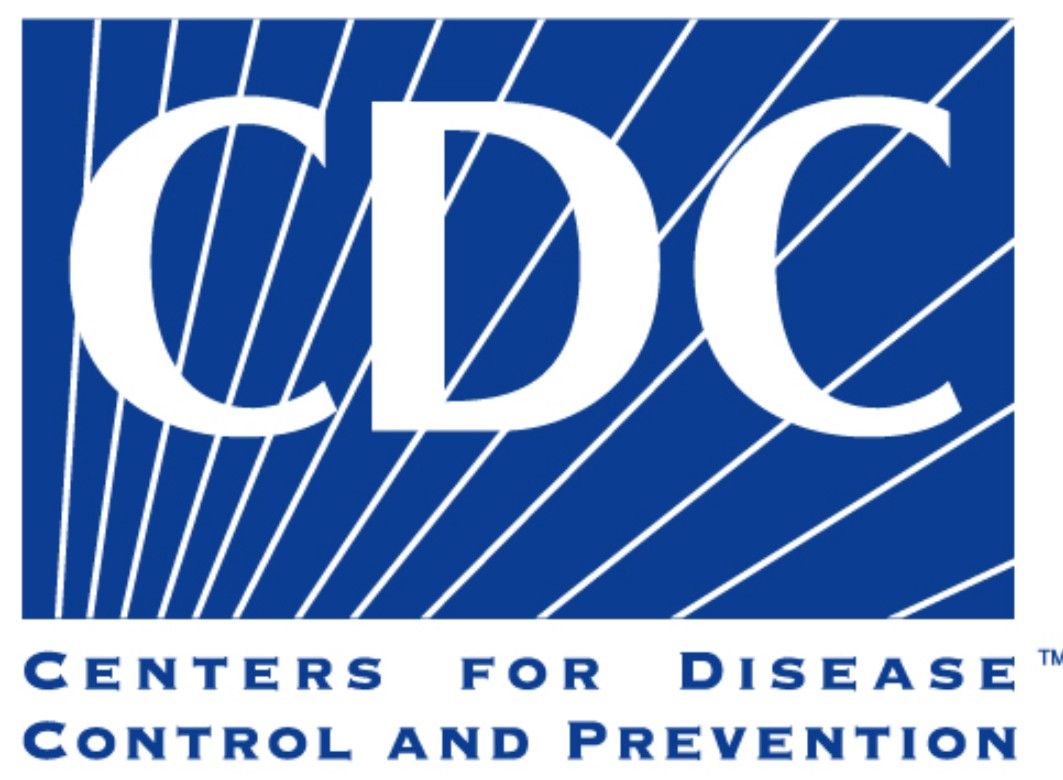According to the WHO Europe Region, the World AIDS Day (WAD) has become one of the widely recognized international health days hence, an undisputable platform to promote awareness, celebrate past achievements and even remember the heroes who sacrificed their lives in the fight against aids.
For the year 2020, the theme is “Ending the HIV/AIDS Epidemic: Resilience and Impact”. Why resilience and impact?
The theme communicates strength and a firm resolve to local communities, the health care system and individuals to not lose sight of HIV prevention and control measures. This is especially pertinent now amid the ongoing global pandemic and the overwhelming challenges that come with it. The overall aim is to ensure that the global commitment to quality prevention and treatment services for the AIDS epidemic is preserved.
Before we go on to talk about the importance of our participation and how-to, let’s brush up on the Spread of HIV.
HIV is a contagious viral disease hence, it can be transmitted from one person to the other directly or indirectly.

Risk Factors of HIV
There are factors that increase the risk of HIV, invariably meaning that the situations predispose an individual to get infected with HIV. They are as follows:
A. Sexual Contact with an HIV-infected individual.
HIV is most commonly spread by sexual relationships. The virus can get into the body through the mucosal lining of the following:
Body Parts| vagina vulva penis| rectum penis| mouth
Types of Sex| vaginal sex |anal sex| oral sex
• Unprotected Sex- Sexual Intercourse with a partner who has not been declared HIV-negative (in recent testing) could be risky without protections e.g. condoms.
• Multiple Sex Partners
• Presence of STDs- Sexually Transmitted Diseases makes a person, the genitalia lining, more susceptible to HIV. The transmission risk varies from one disease to the other e.g. syphilis increases the transmission risk of HIV more than chlamydia.
B. Blood Contact with an infected party.
HIV can be contracted from accidental or intentional interaction of infected blood with that of the HIV-negative person.
• Drug Use- the sharing of intravenous injection equipment by multiple drug users.
• Blood Transfusion- for the fact that blood bags are screened for HIV infection before use, the chances of infecting the recipient is low. However, it’s still very possible.
• Contact with infected blood via sharp objects e.g. accidental needle sticks in health facilities, clippers at salons etc.
C. Mother-Child Transmission
• In the womb and during delivery.
• Breastfeeding- a breastfed child is at high risk if the mother is not on antiretroviral treatment.
Remember, the issues discussed above don’t automatically translate into HIV infection however, they increase the chances of getting infected.

How to Prevent HIV Infection
Prevention is essential if the spread of AIDS is to be curtailed and thereof, totally eradicated.
• Practice safe sex. How? Use protection e.g. condoms, PrEP (Pre-Exposure Prophylaxis)
• Be faithful to one partner.
• Try to have your personal beauty kit and other sharp objects.
• Health workers can use protective gear like gloves, PrEP etc.
• As a relative/friend to a sick person, ensure the blood bags are screened again before transfusion.
• HIV-positive mothers should follow their ART regimen strictly to prevent infecting their child with this disease. This way, the child benefits from breastfeeding with minimal risk of infection.
N.B: Recent studies have shown that HIV-infected mothers should try to breastfeed their babies at least for the first six months. The study proofed that exclusive breastfeeding decreases the risk of transmission to infants three to four-fold.
• Giving the antiretroviral drug nevirapine to babies right after birth and for sometime after as the doctor deems fit.
Now, how can You Contribute Your Quota to this Great Feat?
Very simple! Why did I say so? International bodies, a few of which are;
UNAIDS

Photo Credit: UNAIDS
WHO

Photo Credit: WHO
CDC

Photo Credit: CDC
NATIONAL AIDS TRUST

Photo Credit: National AIDS Trust
have already the chunk of the work, like research, content creation etc. to make resources available at the tip of your fingers. All you have to do is search the net. You have infographics, factsheets, quizzes, campaign materials-posters and key messages, donation/fundraising opportunity, webinars and the list goes on and on.

Phot Credit: the United Nations
With all these at your disposal, it would be really good and in fact, fun to be a part of what is happening. If all you can do is add to your knowledge about AIDS, trust me it would go a long way. So, do something today!

A phenomenal lady whose skills and style do the talking. Her unending desire for better healthcare from persons, through to the public has always been her drive. Over the years, she has volunteered with different NGOs that try to promote a healthy lifestyle.
She hopes to one day create an avenue for people to get the guidance needed for nutrition essential for life, amongst other things. She believes knowledge paves ways. And so, makes it a responsibility to keep learning and impacting others.
Deborah Solomon is a believer and currently a medical student at the Obafemi Awolowo University, Nigeria. She enjoys writing, traveling, music, and cooking.

